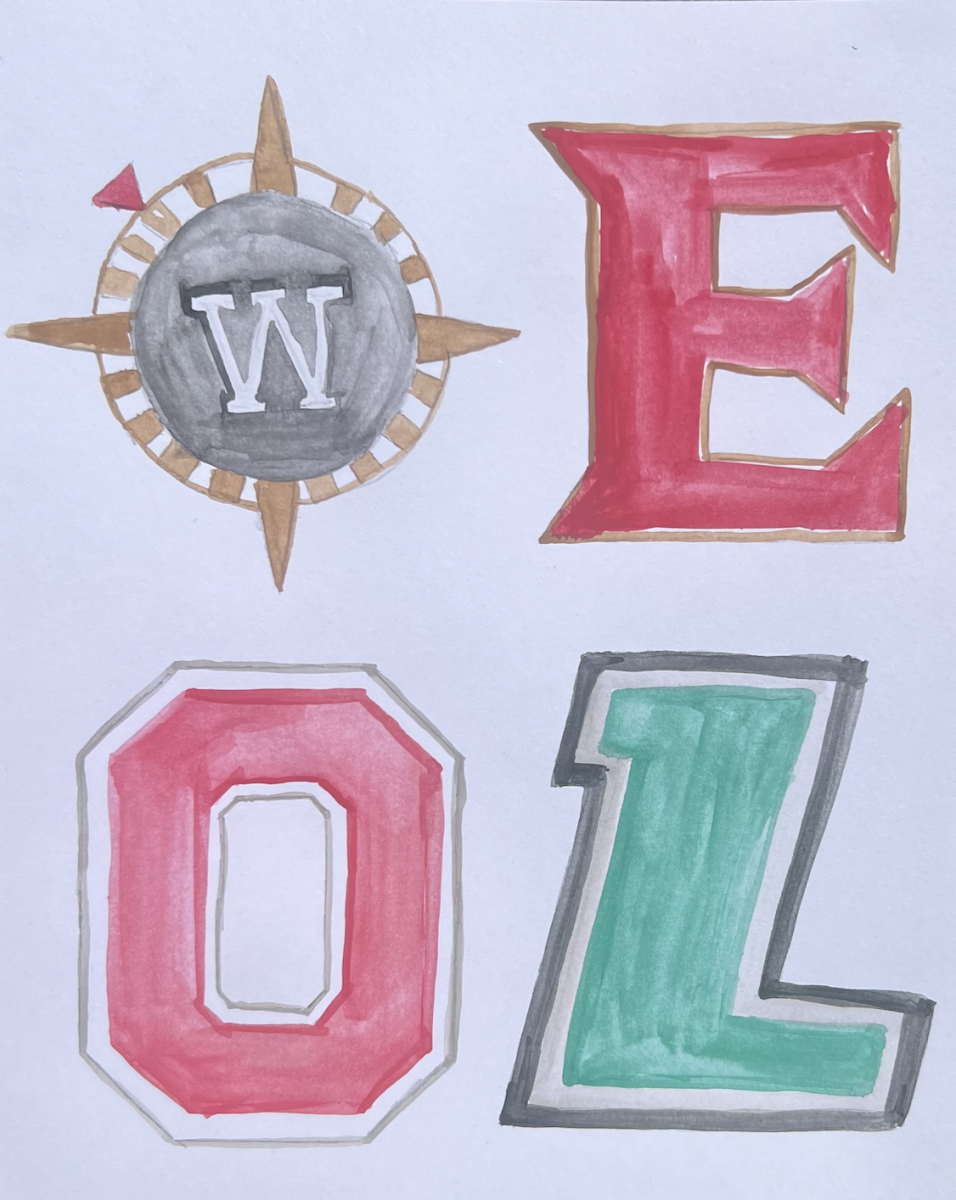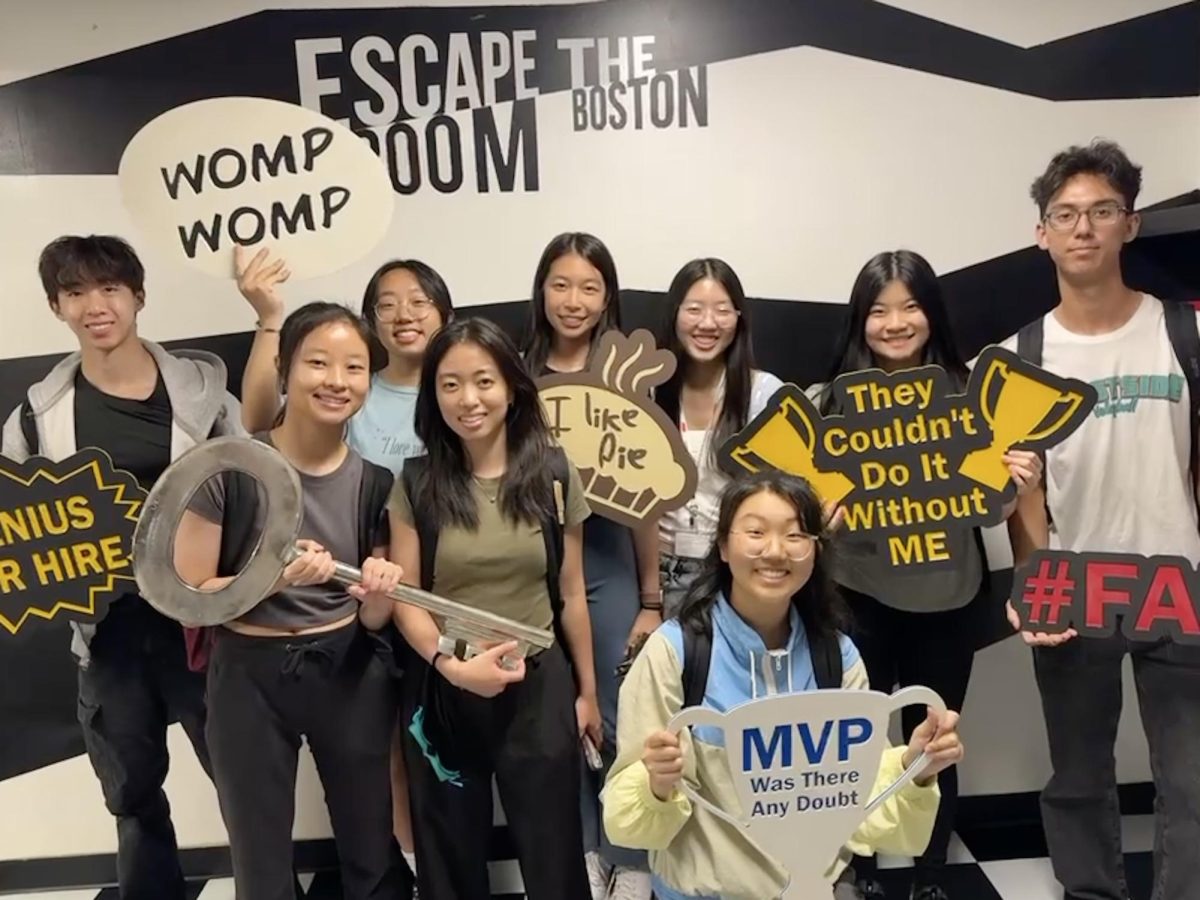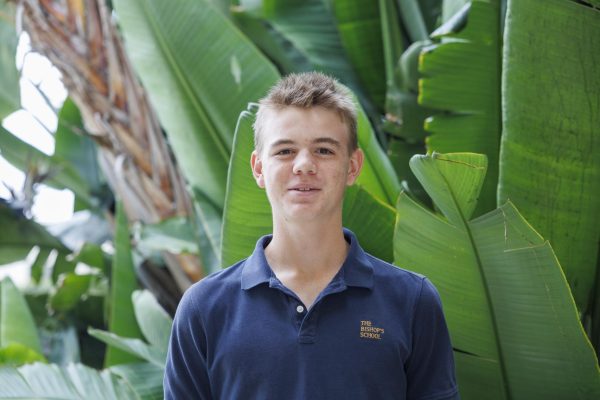On Tuesday, November 5, 2024, millions of people across the U.S. will vote in the 2024 election to determine the next president, as well as other state and local laws, measures, and policymakers. But a week before, during lunch on Tuesday, October 29th and Wednesday, October 30th, the Bishop’s faculty election committee put on a mock election for high school students. And two days later, on Friday, November 1st, Director of Diversity, Equity, Inclusion, and Justice Ms. Valissa Thomas, a member of the faculty election committee, announced the results in an email: Vice President Kamala Harris had won the mock election, receiving 61% of the vote.
“Thank you for participating in this year’s mock election. We had an impressive turnout with 233 ballots cast,” Ms. Thomas said in her email. “Thank you for showing up and making your voices heard. Even in a mock election, every vote can make a difference!”
Reactions to the mock election’s results were mixed, with some not surprised at all that Vice President Harris won, and others finding the result unexpected.
“I was not that surprised with the results of the mock election just because so many people in our generation, especially in California, tend to be more liberal. With that said, there were a fair number of students who voted for Trump, which I didn’t really expect, but was happy to see just because I think having both perspectives on campus is really healthy,” said Sophie Arrowsmith (‘26).
“I was actually very surprised,” said Jayla Stafford (‘25), a leader of the Conservative Club on campus. “Even though many students are socially liberal and advocate for those beliefs, I feel like, because we are a wealthy school, a lot of people would have voted for Trump because he is economically conservative. But I think the results show the importance of social issues like abortion in this election.”

In addition to having reactions to the results, Jayla and Sophie noted the value of doing the mock election. “Most of us cannot actually vote in this election, so it is nice to still be able to express and process our beliefs in some way,” Jayla said.
Sophie added that “because people want to know what they are voting on, the mock election really helped educate our community and get them civically engaged in ways they may not usually be.”
History Teacher Ms. Katy Rees, a member of the faculty election committee, agreed with Sophie, adding that, “we hope that, by the time our students are actually going to the ballot in their first elections, it is not their first time thinking about politics. We want our students to learn about civics and elections thoughtfully now, so that they can feel more prepared for when they enter the world and vote.”
In addition to the presidential race, the mock election’s ballot featured three California propositions — Proposition 2, Proposition 32, and Proposition 36 — as well as the U.S. Senate race in California between U.S. Representative Adam Schiff and Steve Garvey, a former first baseman for the Padres.
To educate students on the three propositions ahead of the mock election, the faculty election committee collaborated with Ms. Rees’ Honors U.S. Government and Politics class to make a short video that was played during a DEIJ lesson which summarized the propositions, as well as explaining the arguments for and against them.
“The video project was actually very student driven,” Ms. Rees said. “In class, we researched all the propositions and then they led the discussions to figure out which three were most important for our student body to be informed about.”

Sophie was one of Ms. Rees’ students who helped research and create the video. “In helping with the video, I learned that propositions are very directly related and impactful to our day-to-day lives. But even though they are so important, they are barely covered in the media, so doing the video and mock election was really valuable to make students learn a lot about them,” Sophie explained.
In the mock election, both Proposition 2, which would allow the California government to take a $10 billion loan to support K-12 schools and community college facilities, and Proposition 36, which would reclassify second-offense theft and drug crimes from misdemeanors to felonies, passed by double-digit margins, while Proposition 32, which would raise the minimum wage in California, was tied at 47% — and ultimately passed by a slim margin of a single vote.
As for the Senate race, Representative Schiff, the Democratic candidate, won the mock election with 59% of the vote. Between the lack of media coverage of the Senate race and no summary of the candidates in a DEIJ lesson, students found themselves least prepared to vote on the Senate race, leading many to vote based on the candidates’ political party affiliations.
“It is so easy to vote for someone just because of their political affiliations. So for the Senate race in the mock election, I felt that, because people didn’t really know much about the candidates, they just picked based on political party. I think, if anything, it shows that these are the types of races that need to be covered more in the media,” Jayla reflected.
The mock election was one of the many events and programs the faculty election committee has put on this fall in preparation for the 2024 election. Others include the mock presidential debate put on in collaboration with the Bishop’s Speech and Debate Team on Tuesday, October 8th, the voter registration and registration drive organized in collaboration with the American Student Political Society club on Monday, October 14th through Wednesday, October 16th, and the upcoming post-election town hall on Thursday, November 7th.
“We have been doing so much programming and education this year in preparation for the election because we want to use this opportunity to get our community civically engaged,” Ms. Rees said. “We also want our students to feel confident, feel like they actually understand the policies and people in an election.”
Jayla celebrated the “fantastic” work of the faculty election committee this fall, saying, “politics tend to be very polarized and sensitive, and, because of this, it is not talked about enough. But politics needs to be talked about — political education is very important. So I think the faculty election committee has done a great job starting discussions about politics and the election, and just advocating from voting and civic engagement in general.”



![(from left to right) Nathaniel Hendrickson (‘31), Benjamin Hill (‘31), and Cameron Sibley (‘31) are all smiles as they pet Brady, Ben’s spotted dog, who was blessed. “[Brady] was very excited and happy to be there,” he said.](https://thebishopstower.com/wp-content/uploads/2025/10/Screenshot-2025-10-13-at-8.45.50-AM-1200x899.png)
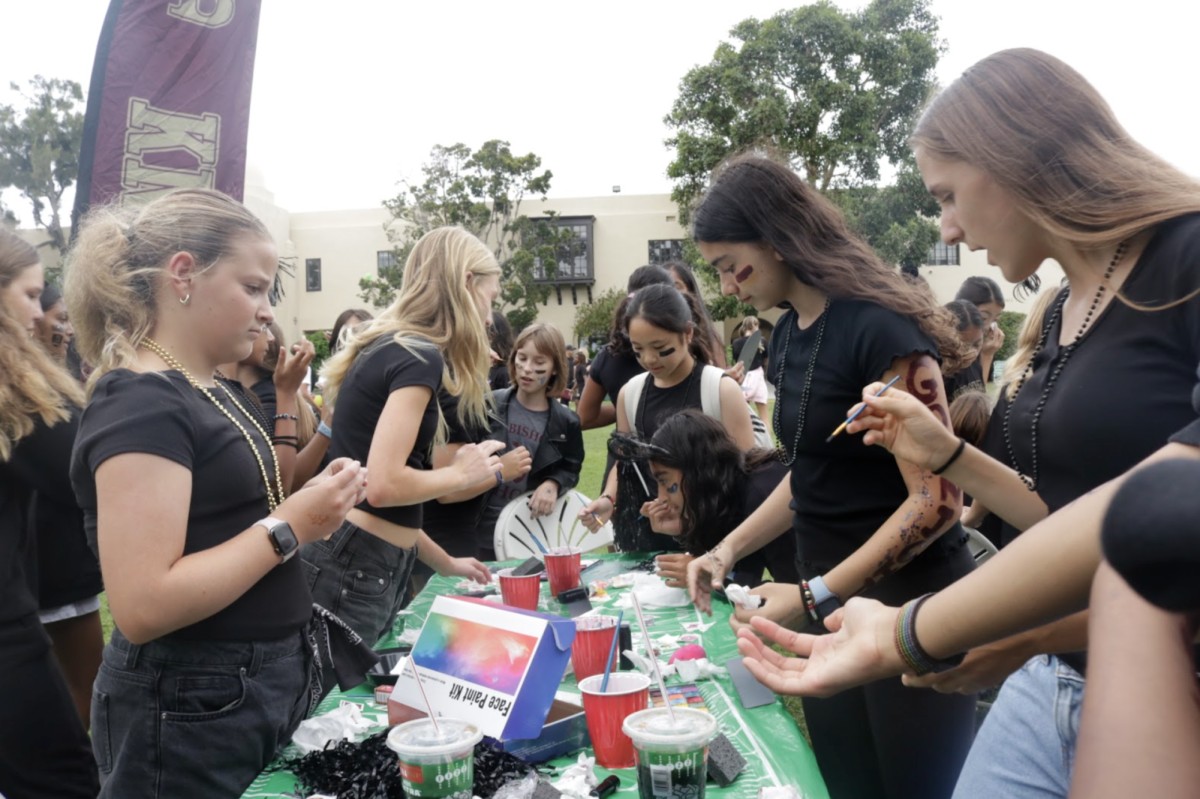
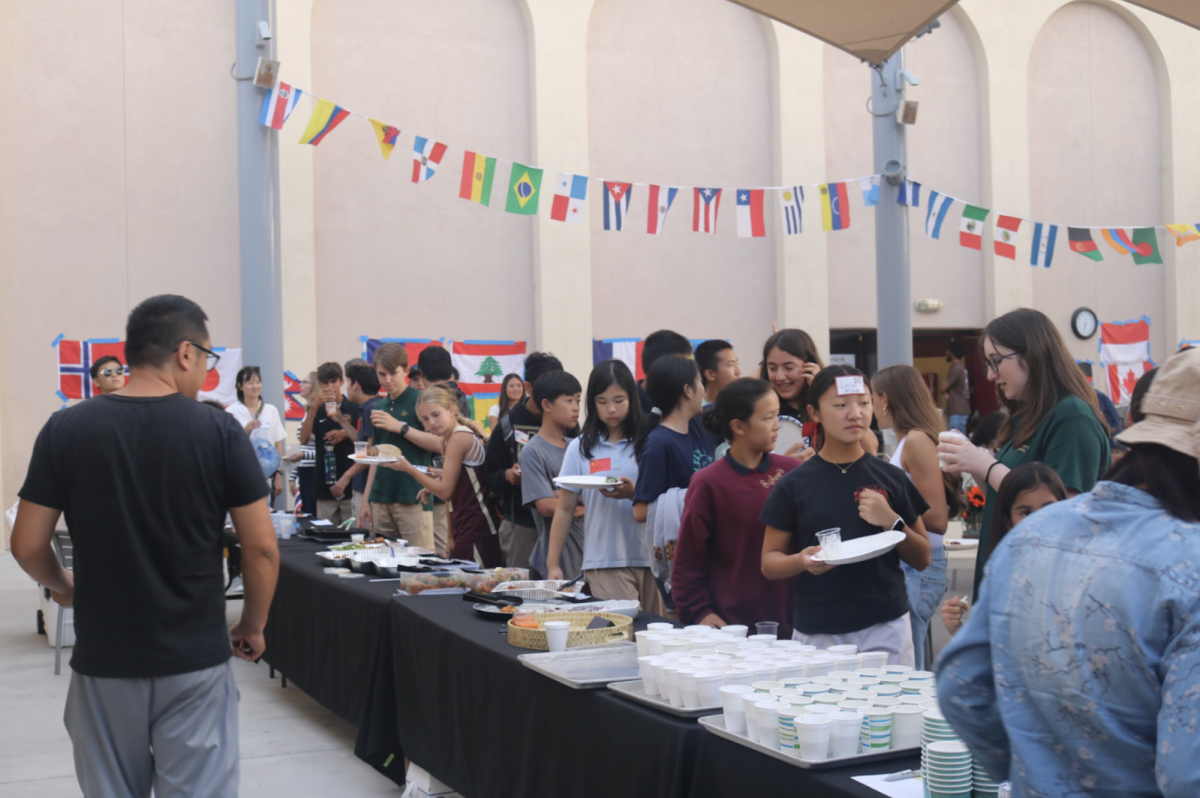
![Leia (‘30) and Sara Park (‘32) ended their combative performance with a yell known as a kiyap. Leia explained with a proud smile, “I realized this when I was little, but not many people see taekwondo every day. For me, it’s a daily occurrence, so it feels very normal…when I do [a performance] in public, everyone’s like ‘Wow, that’s really cool’. So it always reminds me how this isn’t a normal thing in other people’s lives and I think it’s really cool that I can share that.”](https://thebishopstower.com/wp-content/uploads/2025/10/Screenshot-2025-10-02-at-2.07.47-PM.png)
